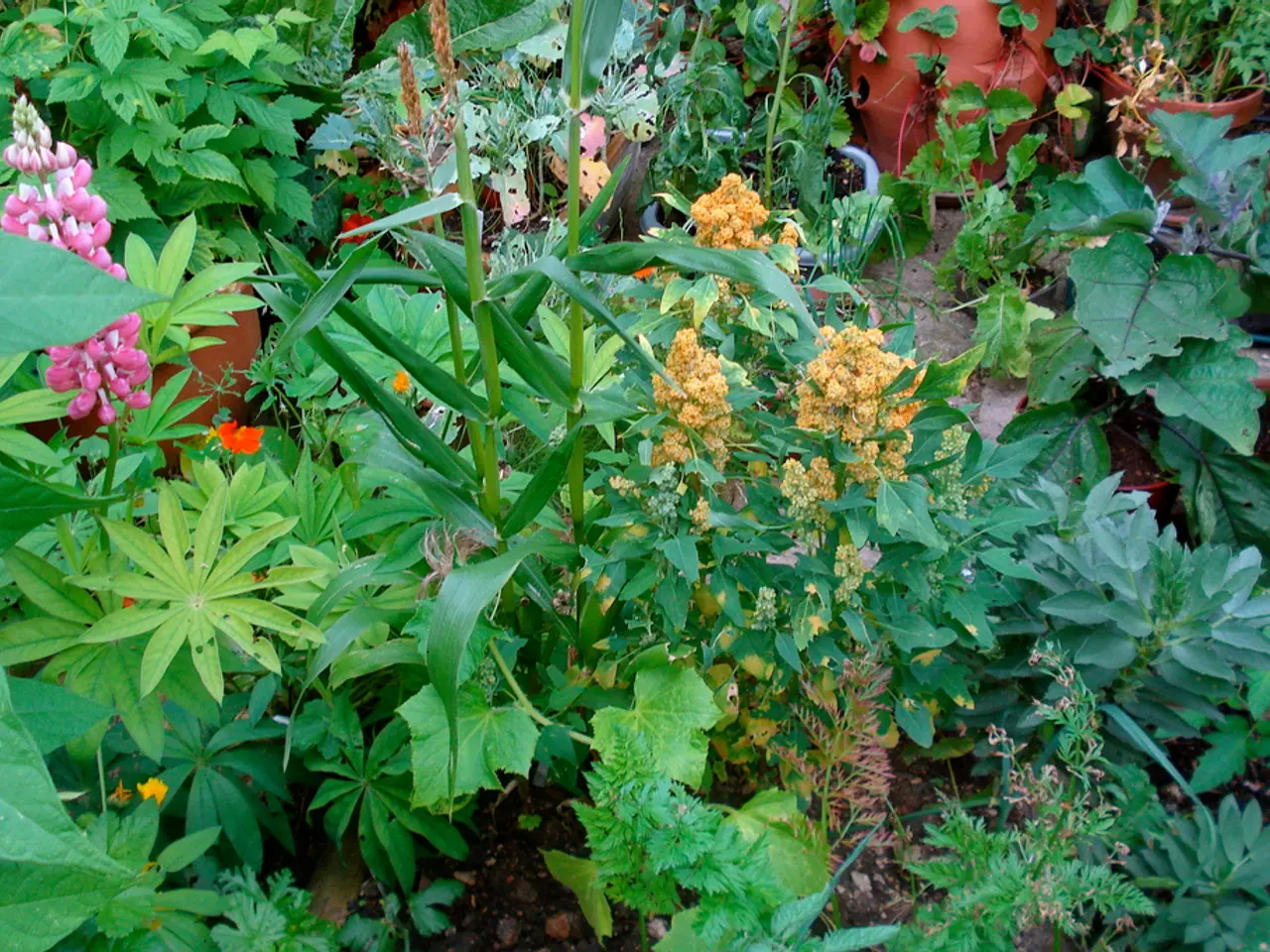Cultivate edible plants in May
May marks a significant transition on the allotment, as the focus shifts from spring sowing to summer planting. This month is characterised by rapid plant growth and the need for proactive garden management to ensure a bountiful harvest. Here are the most important jobs for maintaining and maximising fruit and vegetable productivity on your allotment this month.
**Vegetable Gardening**
As the risk of frost recedes in many regions, tender crops such as tomatoes, courgettes (zucchini), cucumbers, squash, and pumpkins can be transplanted outdoors or into polytunnels. Quick-growing vegetables like carrots, parsnips, beetroot, and radish can be sown directly into the ground, with successional sowing extending harvests throughout the summer. Regular weeding, watering, and mulching are essential to maintain soil moisture and suppress weeds. Support structures for climbing plants like peas, beans, and tomatoes should be installed as they grow rapidly in May. Overcrowded rows of root crops should be thinned to give remaining plants space to develop, and early plantings of salad leaves, radishes, and spring onions can be harvested.
**Fruit Gardening**
Early May is ideal for planting new strawberry plants or runners, ensuring strong establishment for fruiting. Soft fruits such as strawberries, currants, and gooseberries should be protected from birds using netting. A balanced fertiliser should be applied around fruit bushes and trees, and mulched with well-rotted compost or straw to retain moisture and suppress weeds. Light pruning and training of newly planted fruit trees and cane fruits like raspberries and blackberries is necessary to encourage good airflow and easier picking.
**Allotment Life & Wildlife**
May brings a surge in garden wildlife, with visiting pollinators and, if you're lucky, nesting birds and other beneficial species that contribute to a healthy allotment ecosystem. Monitor for early signs of pests and diseases, intervening early with eco-friendly controls.
**Example Timeline for May**
- Early May: Plant out tomatoes, cucumbers, courgettes, pumpkins; sow carrots, parsnips, beetroot, radish; plant strawberries; start successional sowings. - Mid-May: Continue watering, weeding, mulching; thin seedlings; support climbing plants; begin harvest of early crops. - Late May: Finish transplanting tender crops; monitor for pests; protect soft fruits from birds; enjoy the fruits of your labor as the first harvests come in.
**Troubleshooting**
- Weather Volatility: Be prepared to protect young plants from late, unexpected frosts with fleece or cloches. - Soil Care: If your allotment is prone to drying out, prioritise mulching and consider installing a drip irrigation system. - Plant Health: Remove and dispose of any diseased plant material promptly to prevent spread.
**Summary Table: May Allotment Priorities**
| Task | Vegetables | Fruits | |----------------------------|-----------------------------|---------------------------| | Planting | Transplant tomatoes, cucumbers, courgettes; direct sow carrots, parsnips, beetroot, radish | Plant strawberries; protect soft fruits with netting | | Maintenance | Watering, weeding, mulching, thinning, staking | Feeding, mulching, light pruning, training | | Harvest | Early salads, radishes, broad beans | Early strawberries (if planted early) |
Maintaining a productive home-and-garden allotment in May involves several essential tasks, such as transplanting tender crops like tomatoes, courgettes, cucumbers, squash, and pumpkins, and sowing quick-growing vegetables such as carrots, parsnips, beetroot, and radish. Gardening enthusiasts should also pay attention to fruit gardening, with May being the ideal time to plant new strawberry plants or runners, protect soft fruits from birds using netting, and apply balanced fertilizer around fruit bushes and trees. Additionally, allotment inhabitants should not forget about the lifestyle aspect, noting the increase in garden wildlife this month and taking appropriate measures to monitor for early signs of pests and diseases.




